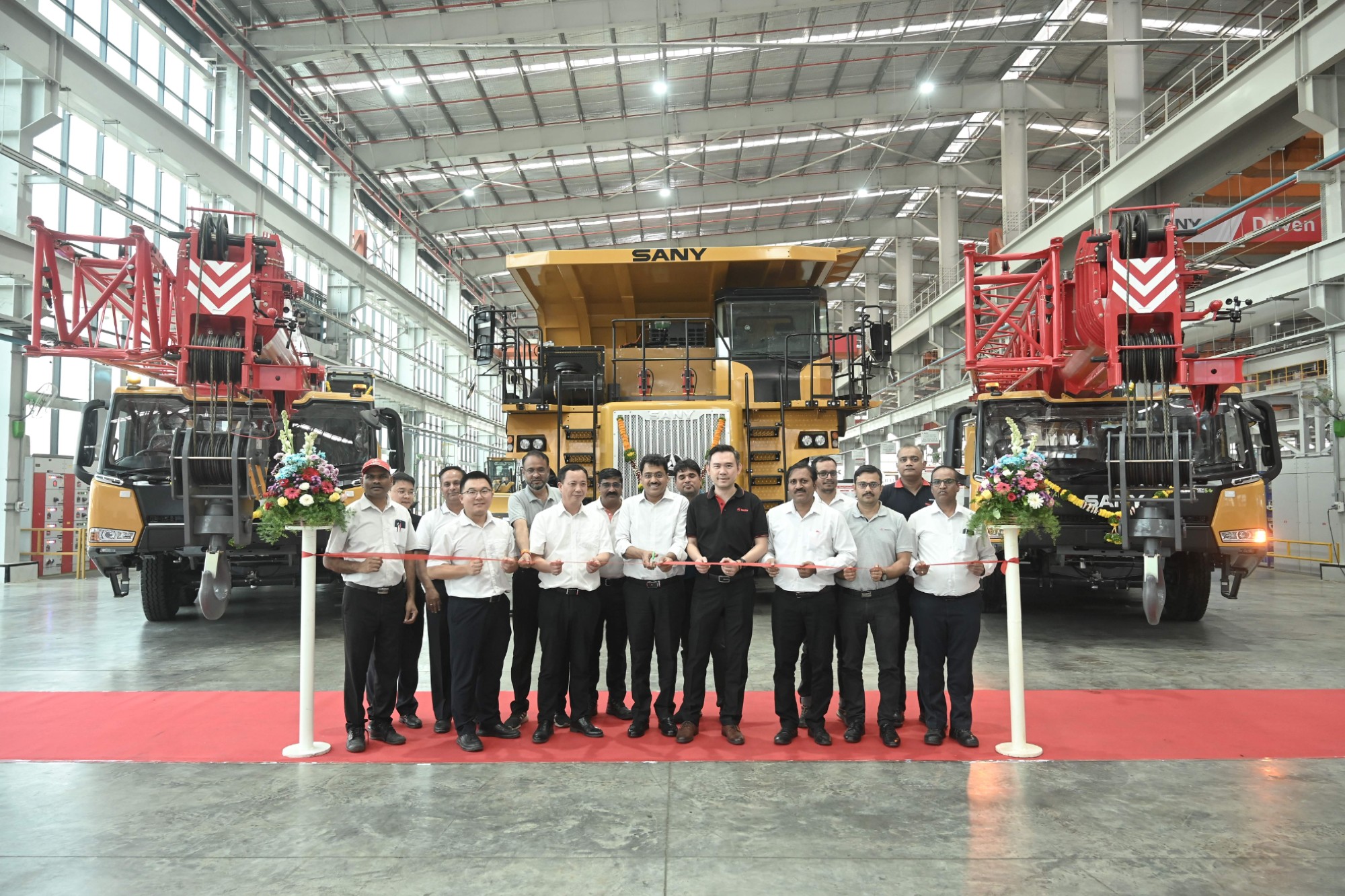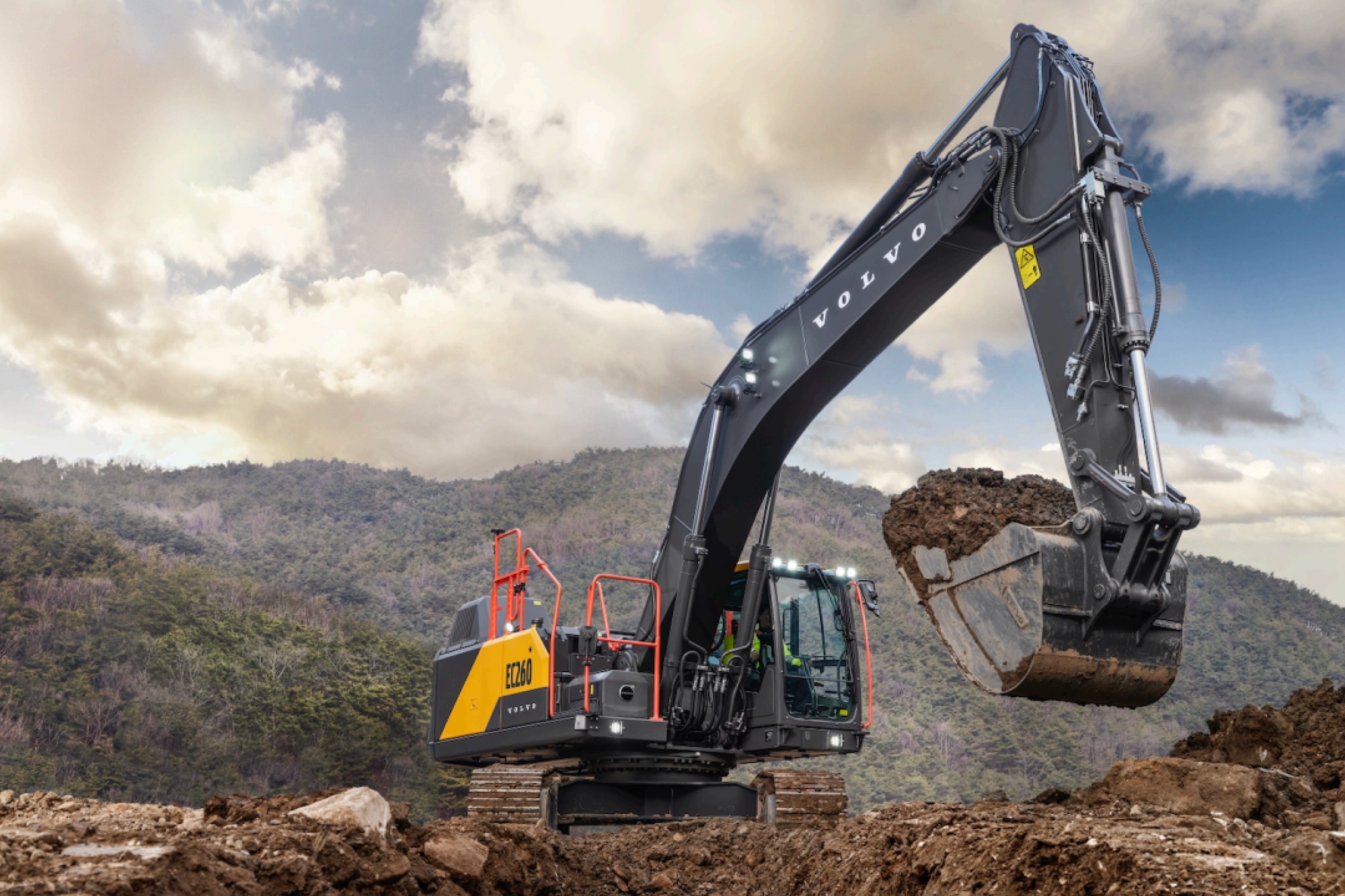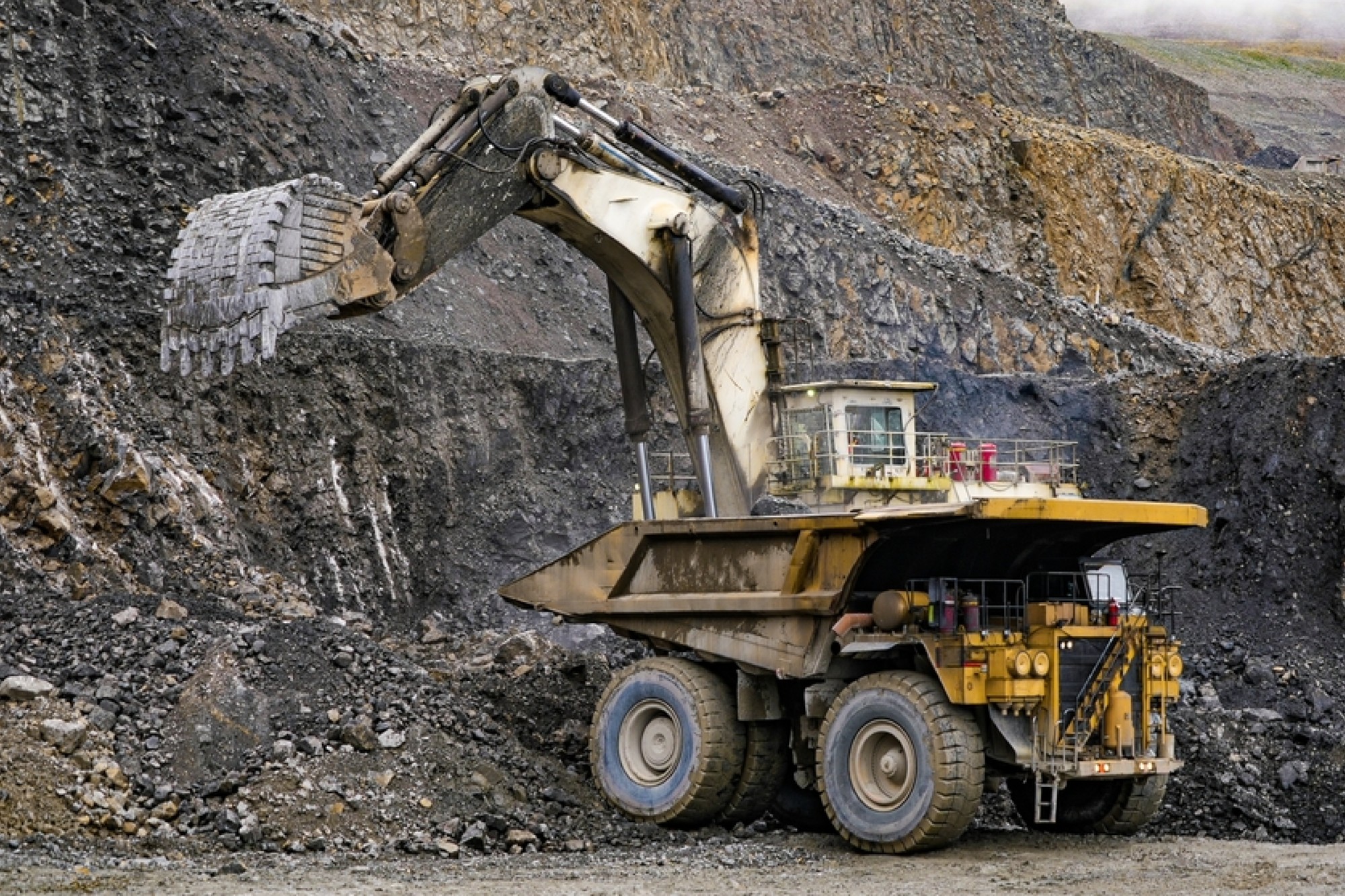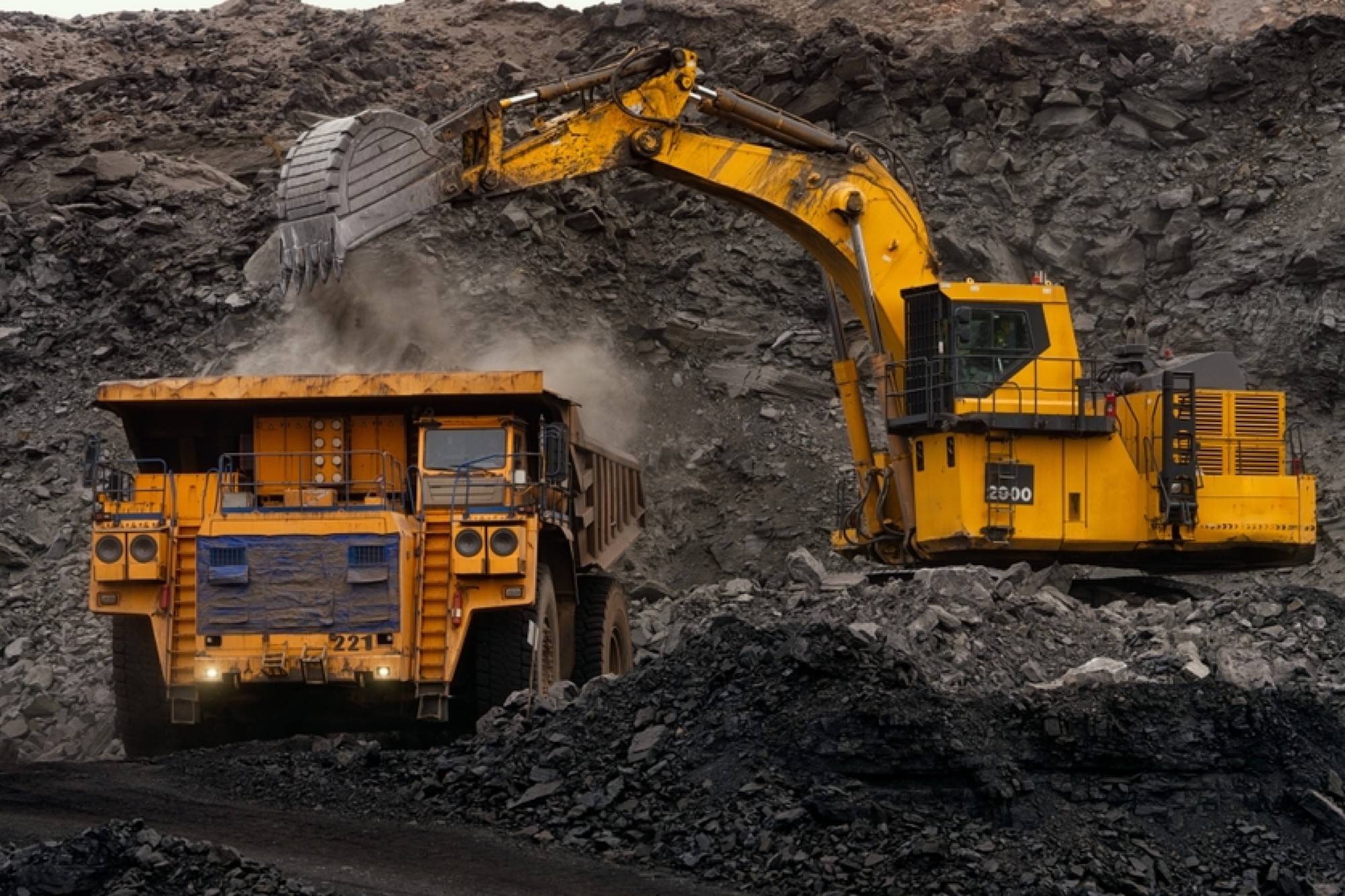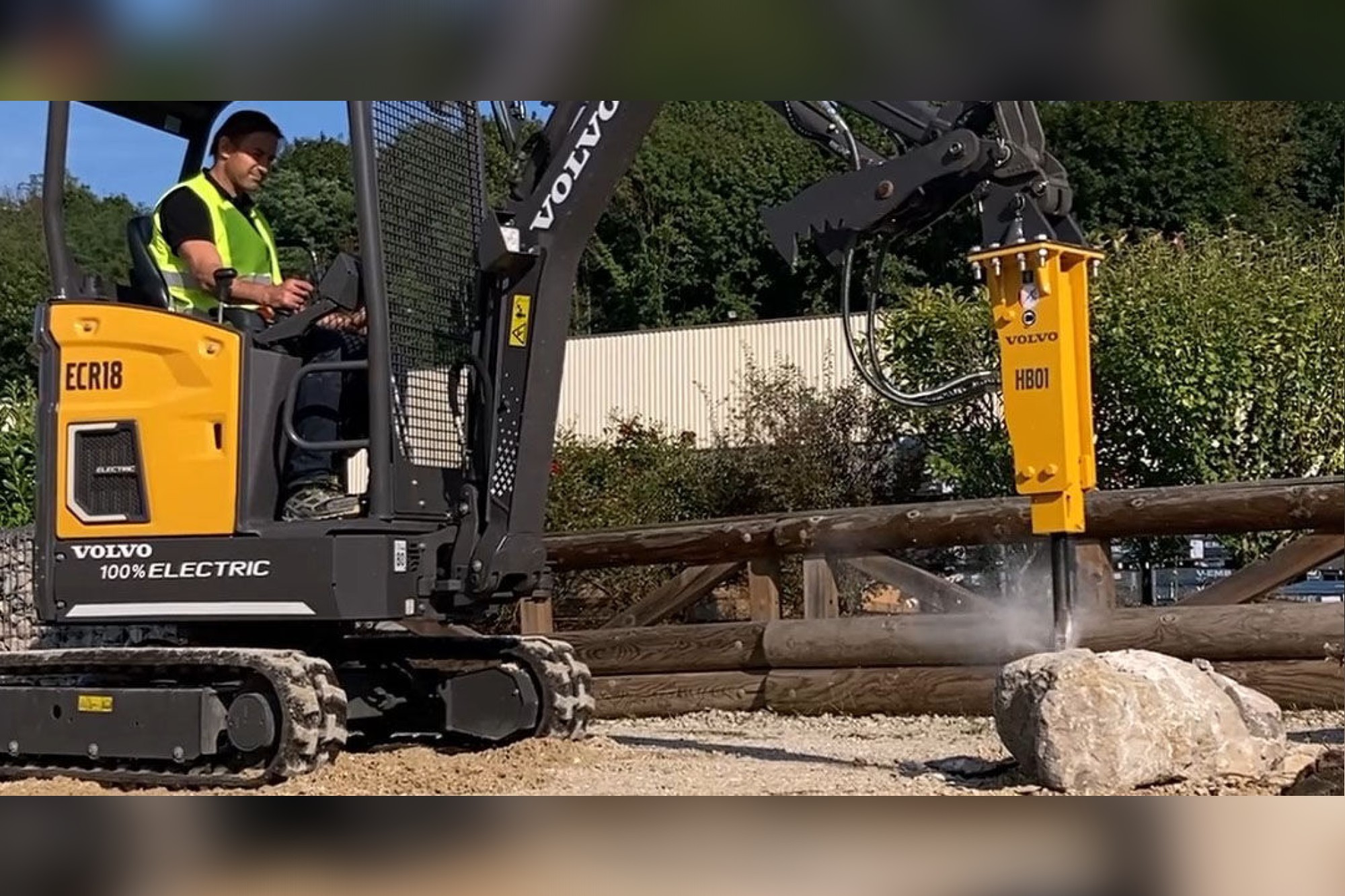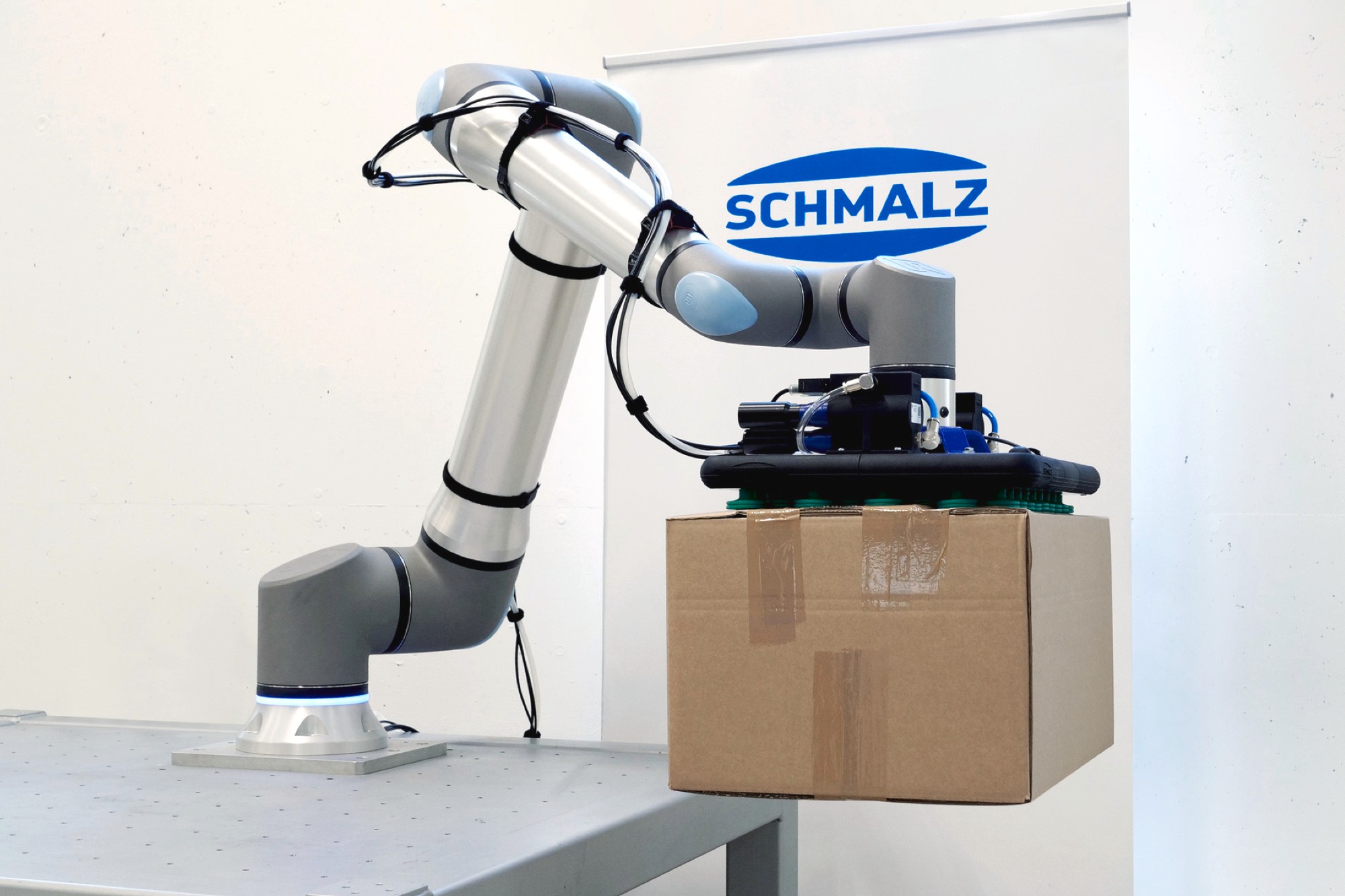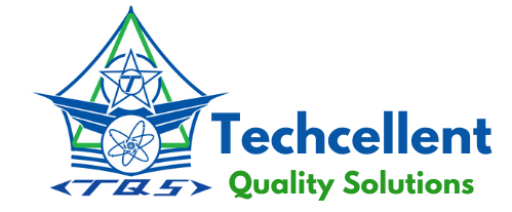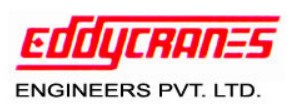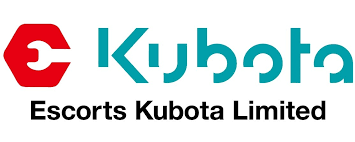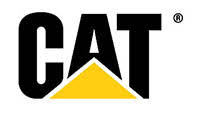Shifting to hybrid mobile plants
By Staff Report | October 21, 2024 4:37 pm SHARE
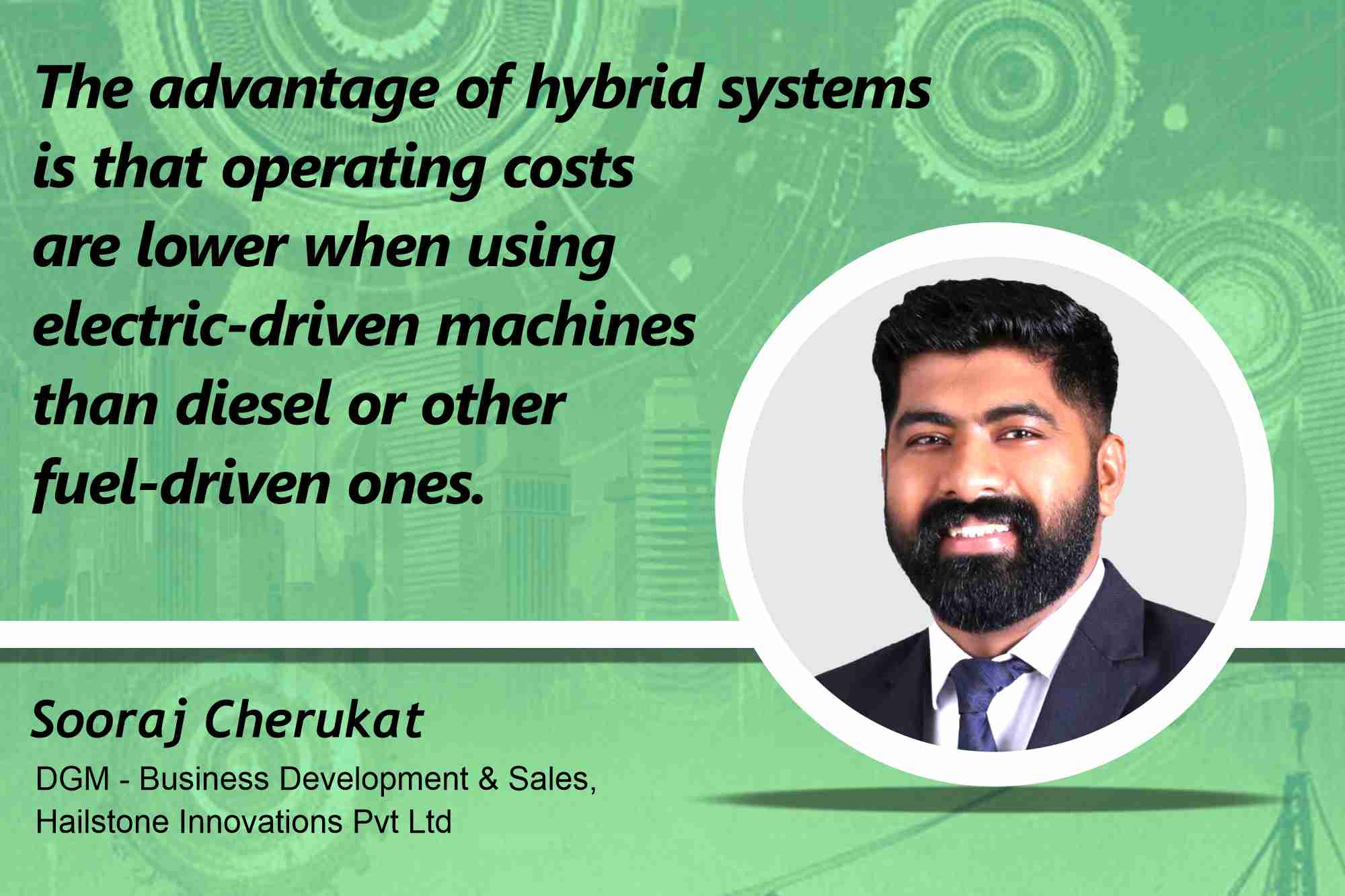
As the global landscape shifts toward carbon neutrality, hybrid mobile plants are changing the game in crushing. With a blend of electric power and diesel generators, these innovative machines redefine operational costs and mobility, paving the way for a sustainable future.
How is the shift towards hybrid and electric-powered mobile plants influencing operational efficiency and sustainability in the construction industry?
The hybrid concept in mobile plants is a recent development. You can either run them directly through electric power or via diesel generators. We are seeing a global shift towards carbon neutrality, so diesel generators are becoming less preferred, particularly in developed countries, and this trend is also being seen in developing countries. The advantage of hybrid systems is that operating costs are lower when using electric-driven machines than diesel or fuel-driven ones. Additionally, mobility is more effortless because direct power sources simplify transfer operations, removing the need for additional elevated power sources. Currently, the trend is moving towards electric-driven solutions, though we are in a transition phase where hybrids are popular, whereas earlier, it was mostly diesel-powered machines.
What key features of your track-mounted jaw and cone plants contribute to their high productivity in mining operations?
Our machines, whether stationary or track-mounted, are technologically advanced due to our strong R&D efforts. We focus on low production costs, minimal downtime, and high productivity. These features translate well to our mobile, track-mounted units. Our hybrid machines, including track-mounted jaw crushers and cone crushers, are designed with options such as fixed shaft and floating shaft cones, ranging in capacity from 200 to 350 tons per hour on tracks. In the case of our jaw crushers, we have a bolted design with an enhanced nip angle, offering excellent productivity and energy efficiency. These features result in a favourable cost-to-production ratio compared to competitors, making our machines highly attractive.
What design features do you consider to ensure machines perform efficiently in tight and challenging conditions?
Our machines are specifically designed to handle various challenging terrains. Since they are mobile and often used in mining, the environmental conditions can vary drastically, from -50°C to 55°C. They perform well in extreme conditions like hilly areas with thin air, snowy regions, and even desert environments. We’ve integrated advanced automation and control systems to optimise operational efficiency, even in challenging conditions. The latest automation features also help monitor machine performance and simplify operation and control. This ensures superior performance, regardless of the environmental challenges.
How is Hailstone integrating advanced technologies and automation into its mobile plants to enhance operational performance and user experience?
In today’s digital age, we have embraced technologies like IoT and Industry 4.0 in our machines and manufacturing processes. We have implemented the latest IEC automation systems, which help operators and end-users monitor the machines’ health, operational conditions, and performance in real-time. We’ve also integrated digitalisation and monitoring systems that allow customers to track machine performance from mobile devices or laptops. We constantly improve and modernise our systems to offer better automation and user experience.
Can you discuss Hailstone’s recycling and waste management approach within its operations and how it aligns with the industry’s push toward sustainability?
The Indian government is promoting a zero-waste policy and waste-to-wealth initiatives, and we are actively contributing to these efforts. For example, in the mining sector, we have implemented plants that convert overburden material from coal mines, which was once considered waste, into usable sand. We are also involved in projects such as dam rejuvenation, where accumulated waste is repurposed into construction-grade materials. In addition, we focus on concrete recycling, using machines like horizontal shaft impactors (HSIs), jaw crushers, and magnetic separators to convert demolition waste into usable aggregates. Furthermore, in the municipal solid waste (MSW) sector, we provide track-mounted scalpers and screens to process MSW into valuable components, reclaiming land that was previously considered waste. Our recycling initiatives align with the industry’s sustainability and resource efficiency push.
For more information, visit: https://www.hailstonein.com/
Cookie Consent
We use cookies to personalize your experience. By continuing to visit this website you agree to our Terms & Conditions, Privacy Policy and Cookie Policy.


